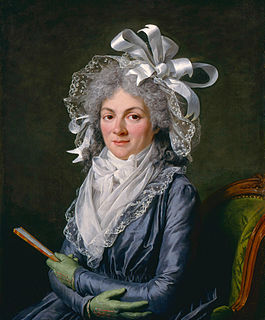A Quote by Edward Bulwer-Lytton, 1st Baron Lytton
Vanity calculates but poorly on the vanity of others; what a virtue we should distil from frailty, what a world of pain we should save our brethren, if we would suffer our own weakness to be the measure of theirs.
Related Quotes
It is better that great peoples should seek out glory, or even vanity, in their deeds, than that they should remain indifferent . For even if they are not incited to act upon virtuous principles, at least there is the saving grace that they will do things they might not have done had not vanity prompted their actions.
Vanity is so frequently the apparent motive of advice that we, for the most part, summon our powers to oppose it without very accurate inquiry whether it is right. It is sufficient that another is growing great in his own eyes at our expense, and assumes authority over us without our permission; for many would contentedly suffer the consequences of their own mistakes, rather than the insolence of him who triumphs as their deliverer.
It is hard to be with another's pain if we cannot be with our own. Since I was a child I have always felt a deep sense of responsibility to ease others' pain. But I have discovered that often, beneath this genuine and admirable desire, lies an inability to be with my own sorrow. Several years ago, watching a close friend suffer when a brain aneurysm took away her life as she knew it, I wrote in my journal, "I won't ask much. But if you would just let me save your life, perhaps it will not hurt so much to know I cannot save my own.




































